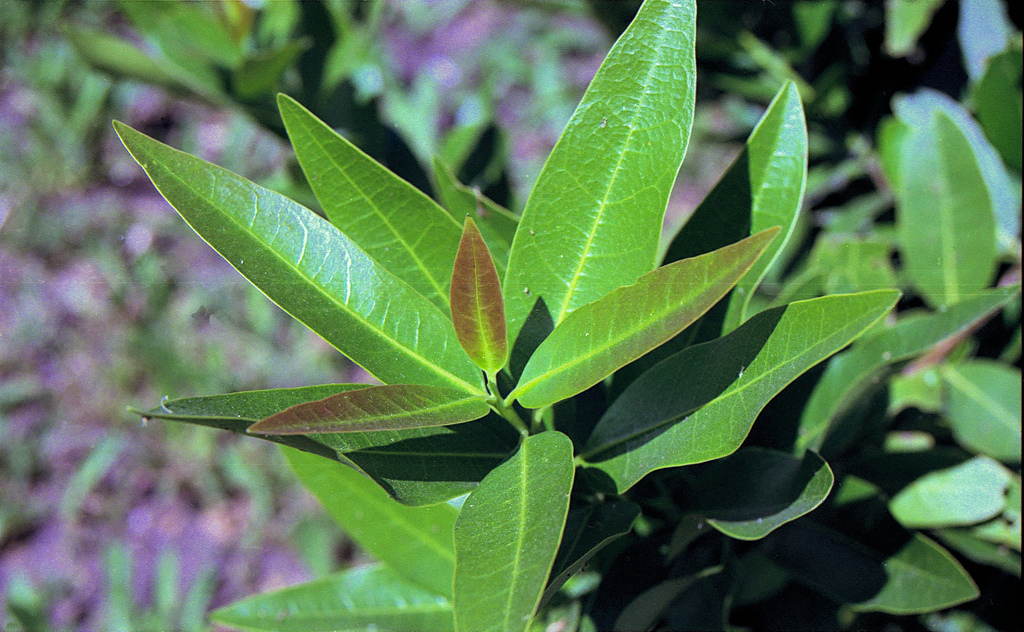Science reveals how cow urine and DMSO could transform breast cancer treatment
By oliviacook // 2025-04-27
Tweet
Share
Copy

- Compounds from cow urine, specifically free fatty acids (FFAs), show promise in fighting breast cancer by targeting cancer cells while sparing healthy ones.
- DMSO (dimethyl sulfoxide) enhances the anticancer effect of FFAs by improving their delivery into cancer cells.
- The combination of Cow Urine DMSO Fraction (CUDF) and DMSO specifically targets cancer cells without harming normal cells, offering a safe alternative to traditional treatments.
- FFAs found in CUDF inhibit histone deacetylases, (HDACs), enzymes responsible for cancer cell growth and survival, triggering apoptosis (programmed cell death) in tumors.
- This study truly opens the door for further exploration of naturally targeted cancer treatments, potentially revolutionizing the way we treat breast cancer and other cancers in the future.
The role of DMSO and cow urine
DMSO has long been used in medical research for its unique ability to carry other compounds into cells, improving their effectiveness. It has demonstrated anti-inflammatory and anticancer properties in its own right but until now, its potential in combination with natural substances, like cow urine, has remained largely unexplored. The researchers in this study focused on a specific extract from cow urine, known as the Cow Urine DMSO Fraction (CUDF), which contains a range of bioactive compounds, including free fatty acids (FFAs). These FFAs have been found to play an important role in the regulation of cancer cell growth. By combining the CUDF with DMSO, the researchers were able to enhance the delivery of these bioactive compounds into the cancer cells, allowing them to exert a more potent effect. The researchers tested the CUDF on two types of breast cancer cells, MCF-7 and ZR-75-1 and the results were striking. At a concentration of 50 micrograms per milliliter (µg/mL). CUDF treatment led to a significant reduction in the viability of cancer cells:- The MCF-7 cells saw an almost 42 percent reduction in cell viability.
- The ZR-75-1 cells showed a 34 percent reduction.
A safer alternative: Selectivity for cancer cells
One of the most exciting aspects of this study is the selectivity of the CUDF and DMSO treatment. In testing with human gingival mesenchymal stem cells (hGMSCs), which are health cells from the mouth, the researchers found that CUDF did not cause any cell death or toxicity. This suggests that the combination of cow urine and DMSO could offer a highly targeted treatment option, capable of killing cancer cells without harming normal tissue. This selectivity is rare in cancer treatments, where most therapies affect both healthy and cancerous cells. The ability of CUDF and DMSO to specifically target cancer cells while sparing healthy ones represents a significant step forward in cancer therapy, offering hope for a treatment that is both effective and less toxic. To understand how CUDF and DMSO work on a molecular level, the researchers used cutting-edge technology to analyze the treatment's effects on the cancer cells. They identified several key FFAs, including tetracosanedioic acid, erucic acid (13Z-docosenoic acid) and nervonic acid, which were present in the cancer cells treated with CUDF. These FFAs were focused to inhibit histone deacetylases (HDACs), enzymes that are often over-expressed in cancer cells. HDACs are critical for the regulation of gene expression and their over-expression is associated with the uncontrolled growth and survival of cancer cells. By inhibiting HDACs, CUDF's FFAs may be able to disrupt the cancer cells' ability to grow and survive. The researchers also used advanced techniques, like molecular docking and molecular dynamics simulations to show that these FFAs, particularly tetracosanedioic acid, have a strong affinity for HDACs, suggesting that they could effectively block the cancer cells' ability to proliferate. While cow urine's FFAs are undoubtedly powerful, DMSO plays a crucial role in making this therapy effective. DMSO is known for its ability to penetrate cell membranes and it acts as a delivery vehicle, ensuring that the bioactive compounds in cow urine reach the cancer cells where they can have the most impact. This synergy between DMSO and CUDF enhances the anticancer properties of the natural compounds, making them more effective in fighting cancer. For decades, DMSO's full potential is unappreciated. This study shows that, when combined with natural extracts like those from cow urine, DMSO could provide a highly selective, powerful weapon against cancer. Although the research is still in its early stages, the implications are profound. If future studies confirm the findings and demonstrate the effectiveness of CUDF and DMSO in clinical settings, this could pave the way for a new class of natural cancer therapies. This combination of natural fatty acids and DMSO's delivery power could revolutionize the treatment of breast cancer and other cancers, offering a safer, more targeted approach, with fewer side effects. Watch this video about DMSO and its effects on collagen remodeling. This video is from the Daily Videos channel on Brighteon.com.More related stories:
Alternative therapies for breast cancer. Can AI save breast cancer patients from unnecessary chemotherapy treatments? 9 Natural treatments for patients with breast cancer. Sources include: MDPI.com YufengGp.com Brighteon.comTweet
Share
Copy
Tagged Under:
natural medicine alternative medicine women's health breast cancer natural health natural cures healing cures remedies anticancer cancer solutions Natural Treatments natural therapies goodhealth goodmedicine goodcancer cow urine DMSO free fatty acids cow urine DMSO fraction CUDF biomedical innovation anticancer research
You Might Also Like
Enhance the flavor, texture and nutritional benefits of your smoothies with superfood powders
By HRS Editors // Share
28 Proven strategies that help autistic kids, teens and young adults thrive
By Olivia Cook // Share
Bay leaves: The unsung superfood with centuries of flavor and health benefits
By Ava Grace // Share
Navigating a toxic world: The urgent call for healthier living amidst chemical threats
By Belle Carter // Share
Study: Brisk walking lowers risk of cardiac arrhythmias by 43%
By Ava Grace // Share
Recent News
Klitschko: Ukraine may need to temporarily cede territories for peace
By ramontomeydw // Share
USDA tightens SNAP eligibility rules to prevent benefits for illegal immigrants
By lauraharris // Share











